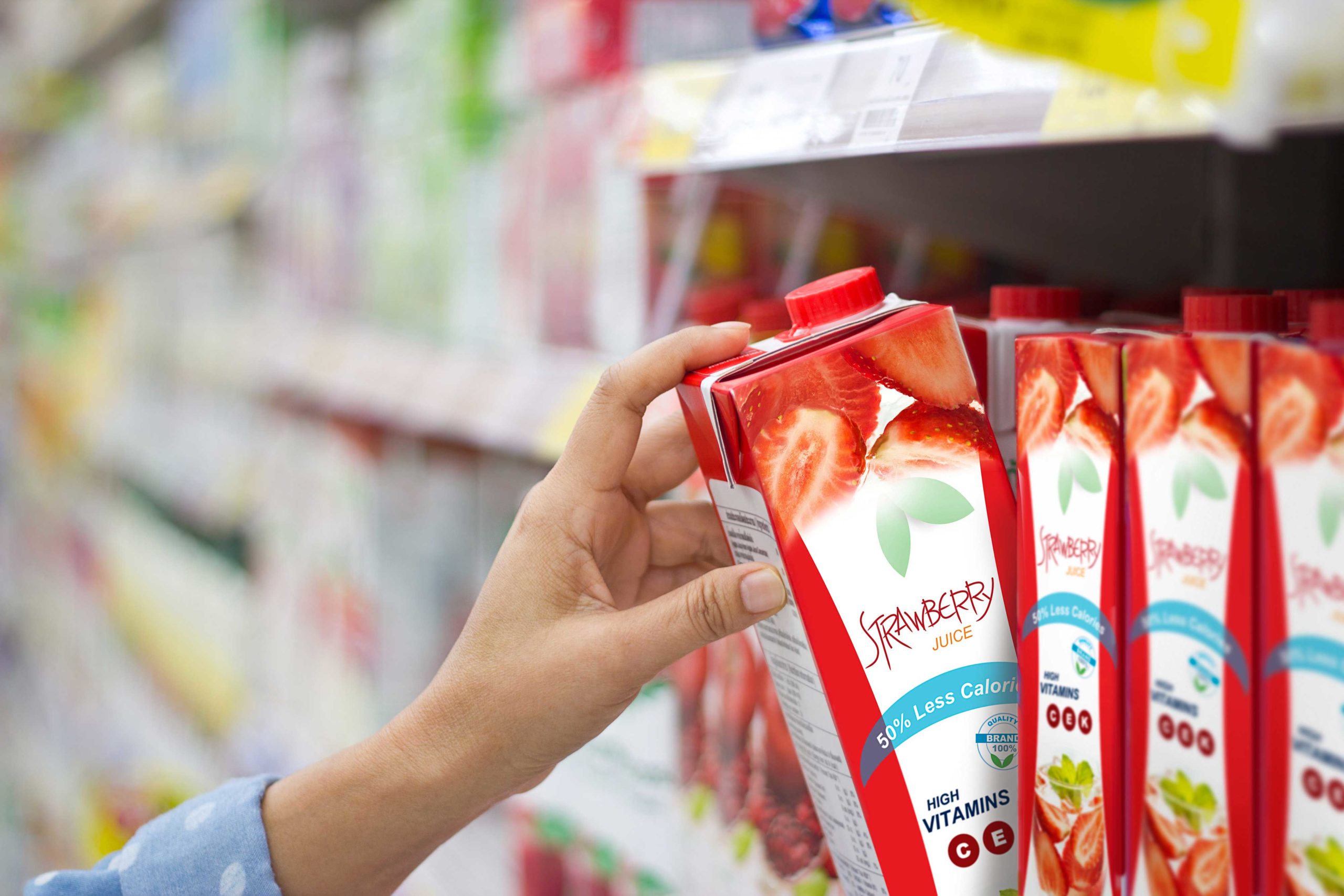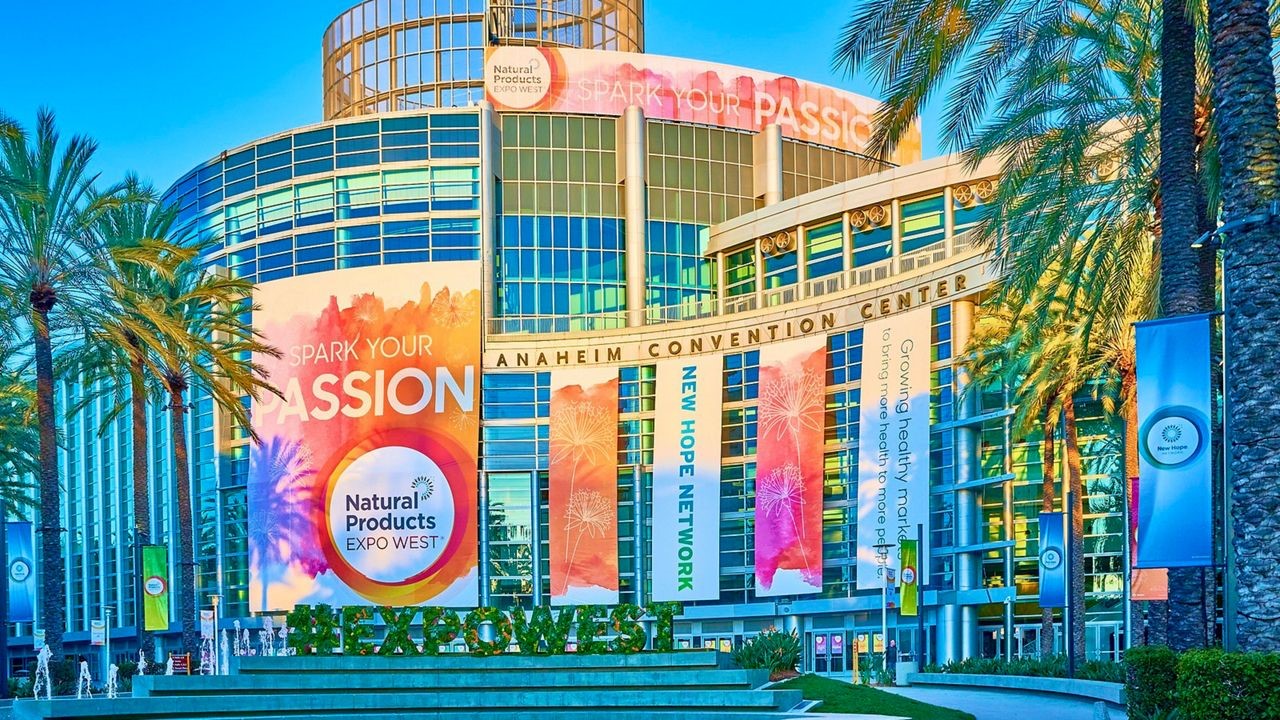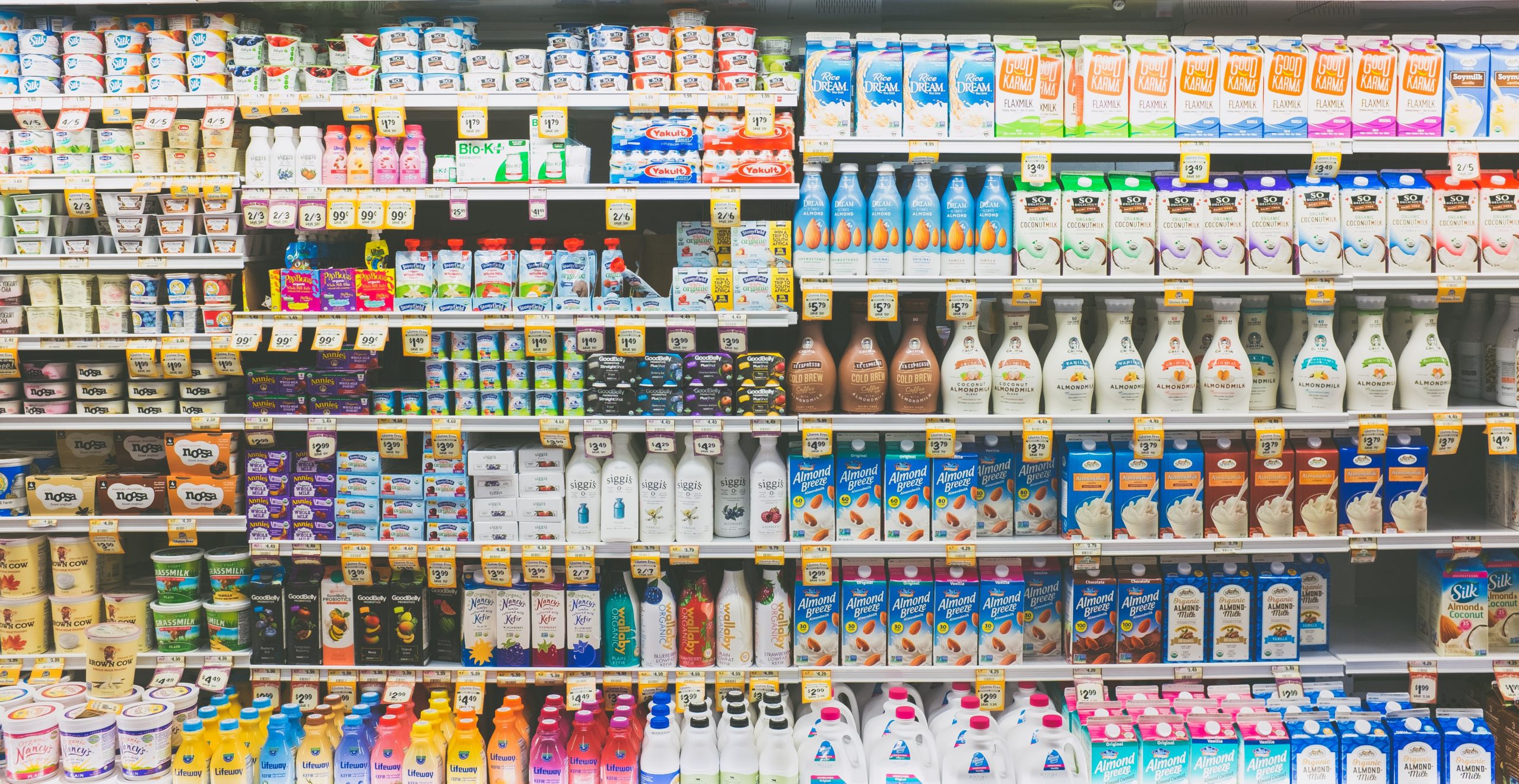A Quick Guide To Natural Labels: The Top 4 Things You Should Know
The food labeling world can be confusing because it’s not completely centralized. Key labels, like the organic label, have strict, government-based standards while others, like the non-GMO label, derive from nongovernment organizations including nonprofits.
With the natural food label, there are four key things you should know: its definition, when it is a useful label to have, how it’s earned, and what it means in relation to food labeling as a whole. This article dives into it all.
1 | The Definition of Natural
The interesting thing about natural foods is that the term “natural” doesn’t have an official, universal definition.
In 2011, the FDA was instructed to define “natural” foods, however, they still have not done so. And while they have not been involved in rulemaking decisions about the definition of “natural,” their rough definition of the term is, “that nothing artificial or synthetic (including all color additives regardless of source) has been included in, or has been added to, a food that would not normally be expected to be in that food.”
This comes from an informal statement made in 1993 and doesn’t address the actual production and processing of food. Because of this, the use of pesticides and all manufacturing processes, like pasteurization, have little regulation regarding their natural status. Additionally, the FDA does not have a stance on whether “natural” foods are beneficial to human health.
If you’d like to look at other official bodies that regulate food and food safety, the USDA has its own definition of “natural” as it relates to meat products:
“All fresh meat qualify as natural. Products labeled as natural are products containing no artificial ingredients or added colors and only minimally processed. Minimal processing means that the product was processed in a manner that does not fundamentally alter the product. The label must also include a statement explaining the meaning of the term natural (such as “no artificial ingredients; minimally processed”).”
To make things more confusing, when it comes to natural flavors, the FDA actually does have a specific definition:
“The term natural flavor or natural flavoring means the essential oil, oleoresin, essence or extractive, protein hydrolysate, distillate, or any product of roasting, heating or enzymolysis, which contains the flavoring constituents derived from a spice, fruit or fruit juice, vegetable or vegetable juice, edible yeast, herb, bark, bud, root, leaf or similar plant material, meat, seafood, poultry, eggs, dairy products, or fermentation products thereof, whose significant function in food is flavoring rather than nutritional.”
2 | What is the Natural Food Label Good For?
The benefit of having a natural label on your product is all about consumer preferences.
Look at Whole Foods, Sprouts, Frasier Farms, or Erewhon. These are entire grocery store brands based on customers who want to make healthy food choices and food labels are used to guide those decisions. Studies widely show that consumers are not only drawn to foods labeled “natural,” but also that they’ll pay more for those products. This simple fact in the psychology of consumers means that if you put enough energy and effort into creating a high-quality product that consumers can get behind, it’s in your best interest to have that label.
3 | How To Earn The Natural Label?
Almost any product can technically be labeled natural without an official and universally agreed on process, but that doesn’t mean you should use it for a product that you know people think otherwise about. You want to be a brand and create products that consumers can trust. And that means thinking about the quality of your ingredients from the very beginning.
4 | Implications Of The Term “Natural”
So, if “natural” doesn’t have a definition and anyone can get it, what does that mean for food products? Why doesn’t everybody use a “natural” label?
While there are no official definitions or standards for “natural” foods, citizens, competitors, and organizers have stepped in and taken the place of government agencies to prevent abusing the term.
What Does This Mean For You?
This means, as mentioned previously, that if you want to have a natural label on your product, hold your products to the highest definition of natural in order to remain a trusted and highly-regarded brand. Fortunately, we have all of the tools and knowledge to help you take your product from ideation to market with such high quality that the natural label can be a breeze. Our team is here to help you through the process. Contact us today for any of your flavoring needs.
Flavor Insights believes this information to be correct. No warranty, guarantee, or representation is given or made in respect to the information provided. Flavor Insights is not in a position to validate the actual production or labeling of products. Flavor Insights recommends that all finished product labeling be reviewed by legal counsel, and finished product and label claim testing be confirmed to ensure product label accuracy.



